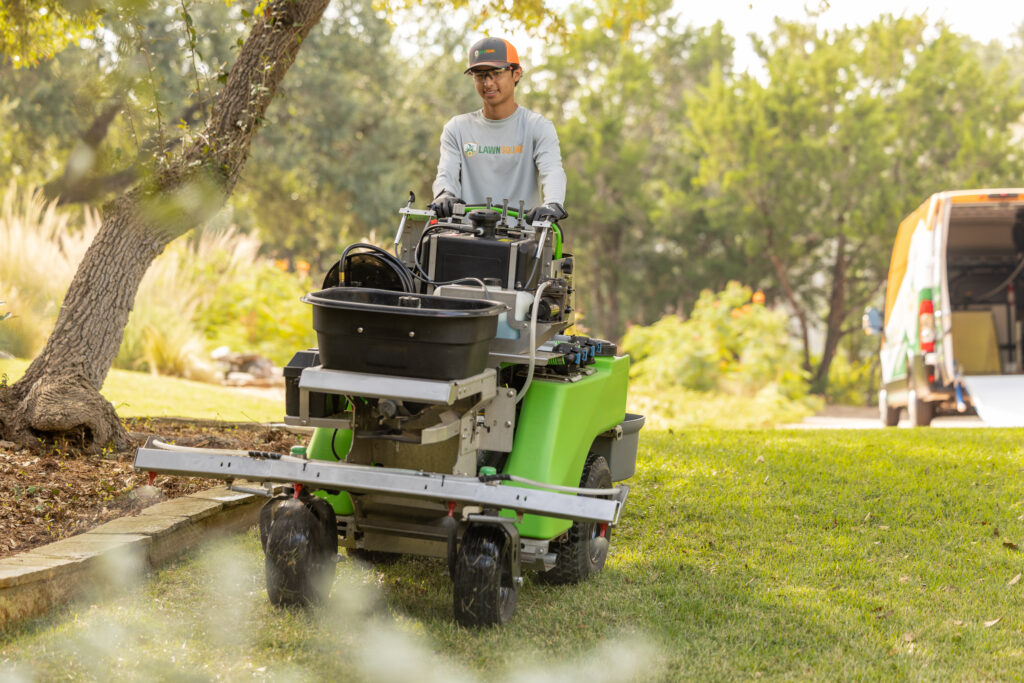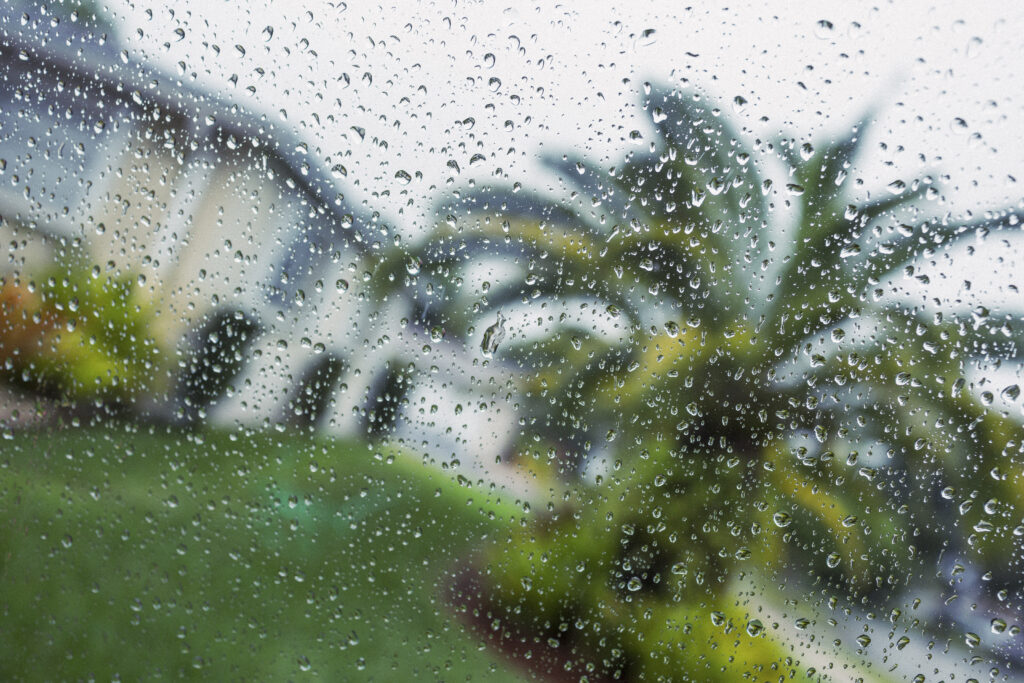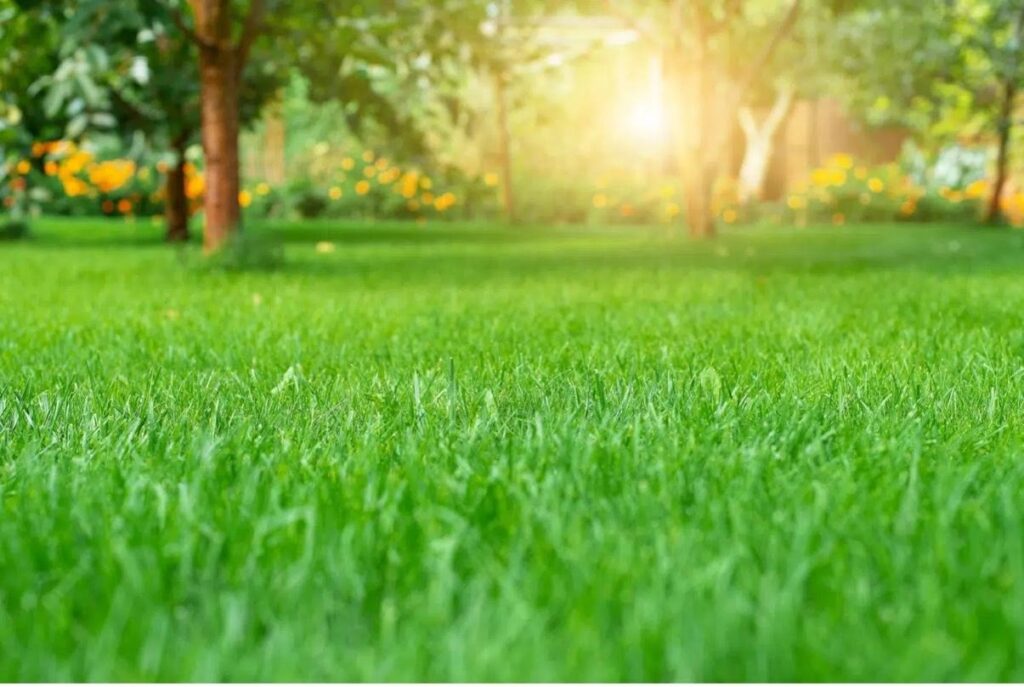Lawn grubs can silently damage your turf, leaving unsightly brown patches and weak roots if left unchecked. Start by learning to identify the early signs of grub activity, such as thinning grass, spongy soil, and birds or animals digging in your yard. Once detected, implement control solutions like natural predators, beneficial nematodes, or targeted insecticides, depending on your lawn’s needs. Timing is crucial—understanding your region’s grub life cycle ensures treatments are applied when they’re most effective. Regular monitoring and proper maintenance can help your lawn recover quickly and prevent long-term damage.
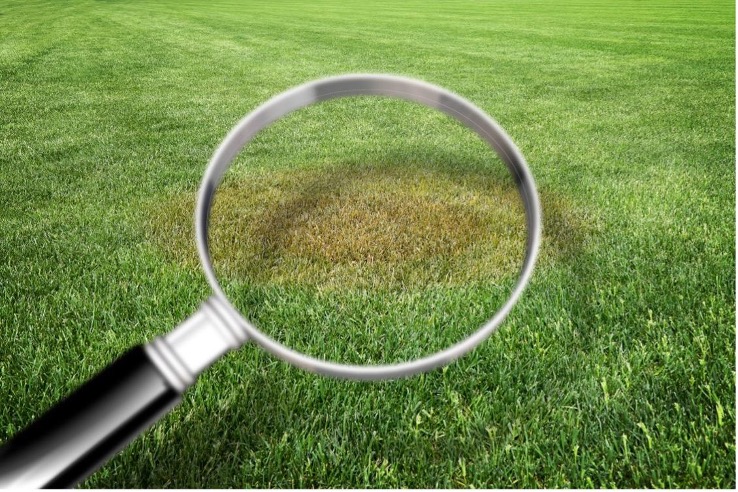
How can you identify and prevent lawn grub damage?
While some may assume that healthy grass alone can resist grubs, proactive measures are key to protecting your lawn. Begin by regularly inspecting your turf for brown patches, wilting, or uneven growth. Encourage beneficial insects like nematodes or beetles that prey on grubs naturally. Keep your lawn well-fertilized and properly mowed, as stressed or thin grass is more vulnerable to grub damage. Additionally, consider soil aeration to improve root health, making it harder for grubs to cause serious harm.
Key Lawn Grub Control Strategies
Taking a layered approach ensures your lawn stays protected while reducing chemical dependency. Start by maintaining healthy soil with proper aeration and compost to support strong root growth. Apply targeted treatments when grubs are most active, typically in late summer for most species. Consider natural solutions, such as introducing nematodes or encouraging birds to visit your yard. Monitor moisture levels, as grubs thrive in overly damp soil. By combining these strategies, your lawn can recover quickly and remain resilient against future infestations.
Seasonal Timing for Effective Grub Control
Timing is everything when it comes to controlling lawn grubs. Most grubs hatch in early summer, feed on roots throughout late summer, and pupate before winter. Treating at the right stage—usually when larvae are small—ensures maximum effectiveness. Avoid late-season applications that may miss the most vulnerable stage of the grub life cycle. By aligning treatments with seasonal patterns, you can prevent extensive root damage and keep your lawn lush and healthy.
Ongoing Lawn Maintenance (Maintaining a grub-resistant lawn)
Even after treatment, ongoing maintenance strengthens your turf against future grub problems. Keep your lawn thick and healthy through proper fertilization, mowing at recommended heights, and watering deeply but infrequently. Encourage biodiversity by planting flowers or shrubs that attract natural predators. By combining proactive maintenance with timely interventions, your lawn will not only recover from grub damage but also become more resilient over time.
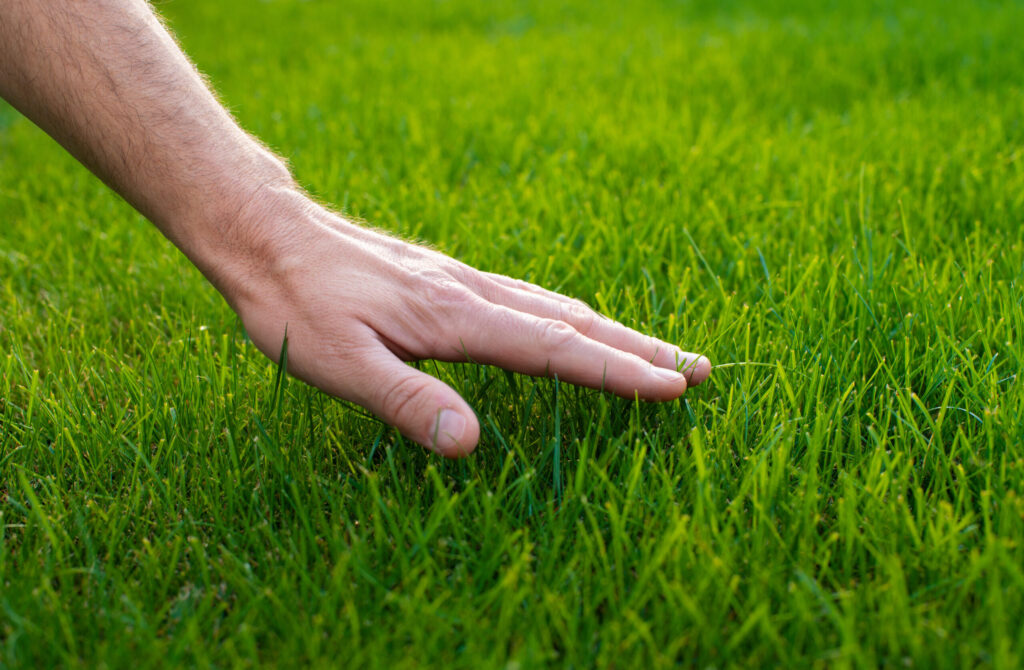
Reliable Lawncare Service
Lawn Squad® is your go‑to team for expert lawn care in North Raleigh and Greenville. From boosting your lawn with precise fertilization to keeping weeds under control, we handle aeration, overseeding, and more to help your yard thrive. Call us at 984‑243‑2925 to schedule a consultation or book your next service today and let us keep your lawn looking its best all year long.


